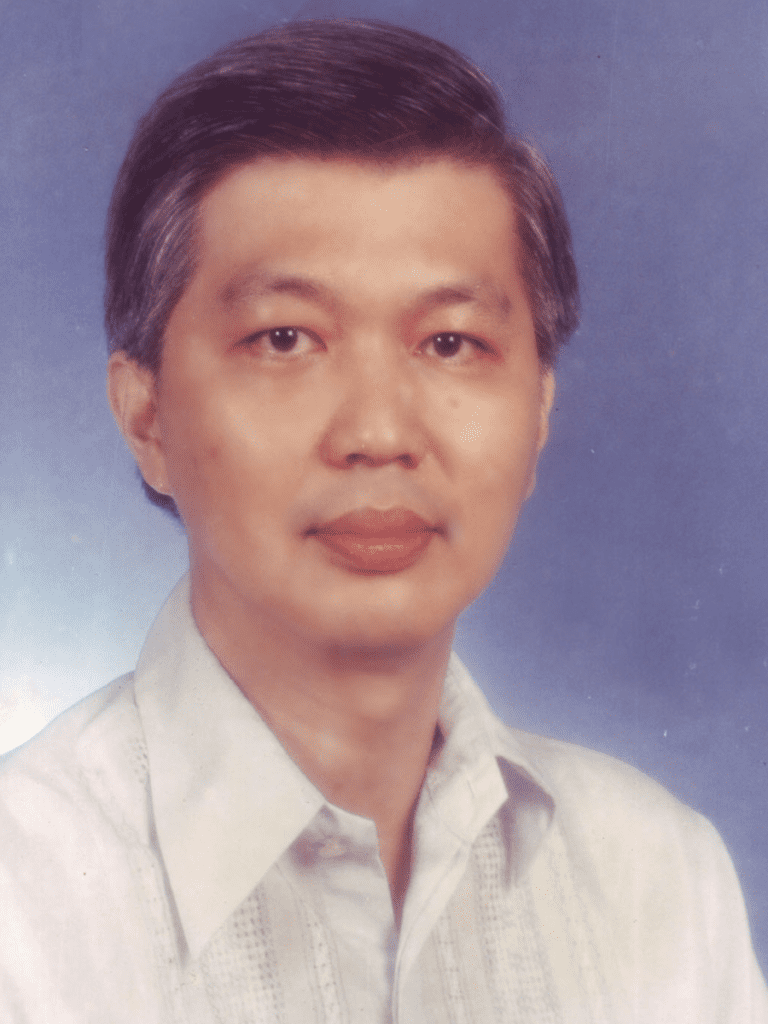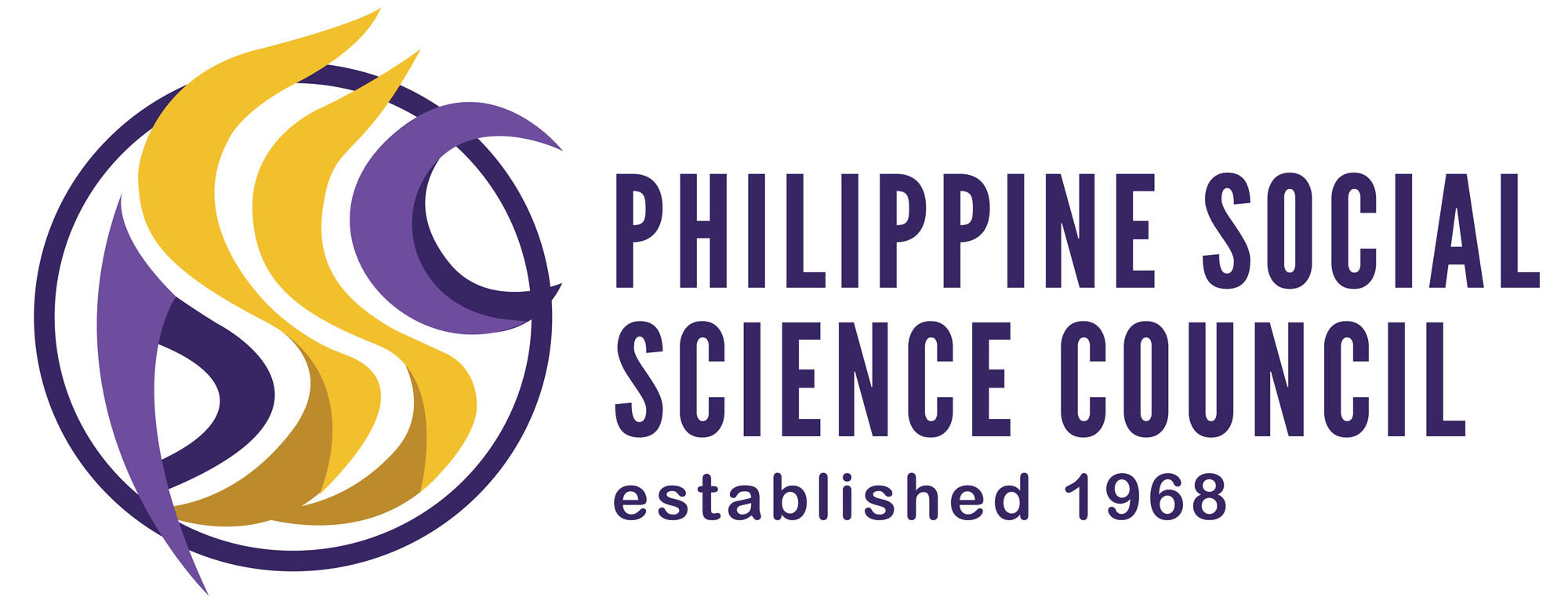
Allen L. Tan
Dr. Allen L. Tan is a prominent scholar who has made numerous contributions to the study of Psychology in the Philippines. He actively worked as a professor in the Psychology Department at Ateneo de Manila University[1] and as an Assistant Professor at the University of Pittsburgh.[2] He presided over the Psychological Association of the Philippines from 1986 to 1988[3] where he also became an active member of the Editorial Board of its official journal, the Philippine Journal of Psychology, from 1988 to 1993.[4]
He was the Chairperson of the Philippine Social Science Council in 1989 which made him an Ex-Officio member of its Governing Council.[5] He also became part of the Task Force that revitalized its publication called Social Science Information.[6] He also held the Executive Editor position of the Social Science Encyclopedia of the Council in 1991.[7] In 1995, he served as a member of the Council’s Board of Trustees.[8] Before this, Tan served as the Chairperson of the Publications Committee of the Philippine Social Science Council in 1988.[9]
His numerous works on family relationships, studies of values education, and Philippine psychology are available in publications both domestically and abroad. These include the A Preliminary Bibliography of Philippine Cultural Minorities, co-authored by Celia M. Antonio, which served as a comprehensive catalog on the national minorities of the country, published in 1967.[10] He was also one of the editors of the Readings on an Emerging Global Psychology, particularly the Understanding Behavior, Bridging Cultures, published in 1998.[11] He edited the Social Science and the Economic Recovery for the Papers and Proceedings of the National Social Science Congress II, published in 1989 with two other co-authors.[12] Alongside these, he tested, reviewed, and published research instruments for practice such as the Ego Identity Scale of Erik Erikson with four other co-authors. He finished his doctorate in personality and social psychology at Cornell University.[1]
[1] Contributors. (1994). Philippine Sociological Review, 42(1-4), 168.
[3] What is PAP? (n.d.). Psychological Association of the Philippines.
[5] Social Science Information 18(4). (1990). Philippine Social Science Council.
[6] Social Science Information 17(1). (1989). Philippine Social Science Council.
[7] Philippine Social Science Council: Annual Report. (1991). Philippine Social Science Council.
[9] Social Science Information 16(1-2). (1988). Philippine Social Science Council.
[11] Bernardo, A. et al. (1998). Understanding Behavior, Bridging Cultures. De La Salle University Press.
